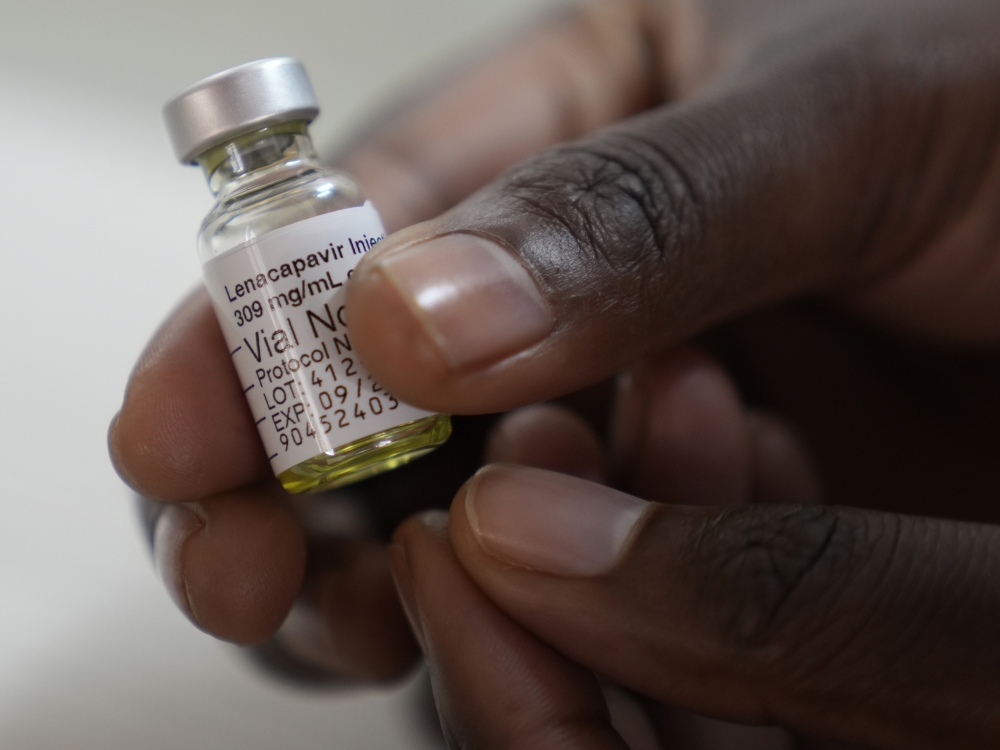Current indicators demonstrate that the East African Community integration process has emerged to be of a mammoth advantage to all the five partners states economically, socially, culturally and politically.


Current indicators demonstrate that the East African Community integration process has emerged to be of a mammoth advantage to all the five partners states economically, socially, culturally and politically.However, economic benefits seem to outweigh the rest. Landlocked countries like Rwanda, Burundi and Uganda have managed to amplify their imports and exports as a result of regional efforts to remove trade barriers.Though some non-tariff barriers still subsist in some partner states, there are clear strategies and political willpower to eliminate them, which would ultimately improve the welfare of all East African citizens.A report released last year in Nairobi, Kenya, titled "The State of East Africa 2012” report indicates that intra-trade among member states of the East African Community (EAC) doubled over a five-year period, from $2.2 billion in 2005, to $4.1bn in 2010.However, as the EAC secretariat and those spearheading the integration process in the region continue to initiate plans to solidify the community, there is need to publicise the bloc, especially at the grassroots level. I know much has been voiced about the integration process through different electronic and print media but I believe this has not been sufficient and more is needed.I would modestly propose that school curricula of all the five partner states integrate lessons or a subject on the EAC integration process at all institutions of learning right from primary school to the university level in order to help the youth within the region to understand the essence of coming together as a community of states.A survey conducted by Trade Mark East Africa (TMEA), last year, showed that at least 73 per cent of Rwandans were aware of the East African Community integration process; thanks to the Ministry of East African Community Cooperation for the tremendous work.However, there is also need to have a specific awareness campaign targeting the youth and specifically those in schools.From the little I have read about the history of the defunct EAC that collapsed in 1977, I have identified that it crumbled because it was not people centred. This connotes that it was serving the interests of only the elite, thereby denying ordinary citizens the chance to participate in its growth. I remember when I was still in high school, we were taught about the European history which up to today is still being taught in our schools. In particular, we were taught about the 1789 French Revolution. Apart from knowing where Napoleon Bonaparte was born and perhaps his dictatorial foreign policies, I can frankly testify that I do not seen how and what this subject has positively impacted in my life. Recently, I was invited to attend a media seminar on regional integration in Kigali. As usual, when the trainer concluded her lectures we were granted an opportunity to pose questions about anything regarding the EAC integration process. Among the trainees was one journalist who is also as a university student. He confidently stood up and asked whether Burundi was part of East African Community partner states. Expectantly, some of the participants burst into laughter. My body shrunk and I began asking myself; If a person of such a profile could ask such a question, what of a primary or high school student in Northern Rwanda, North Eastern Kenya or Western Uganda?Nevertheless ,as Education ministers from the region continue with negotiations to harmonise university tuition fees in the community, they need to take time from their busy agenda to discuss the inclusion of lessons about the EAC integration process to all institutions of learning for the benefit of the community. The youth, therefore, must grow up fully understanding the reasons behind the existence of the community and its benefits and where it is headed to, as we expect them to spearhead it tomorrow.




